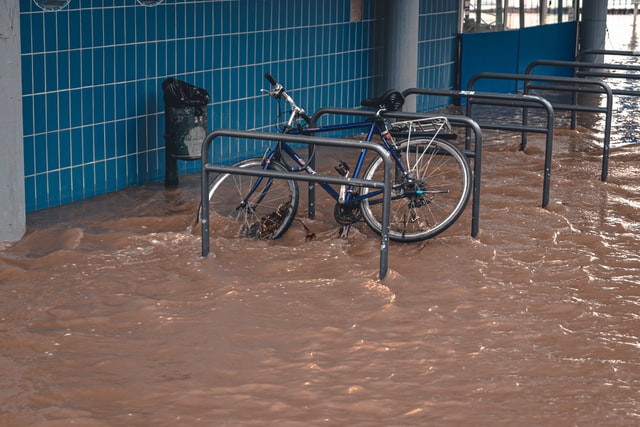
My heart goes out to everyone who is affected by the floods in Germany, Belgium and the Netherlands. Over 150 deaths and many people missing. So much new disruption and loss on top of the pandemic.
From a trauma perspective, the key priorities are common sense ones: safety first, good communication, connecting people with loved ones, and reiterating that individuals and the community – with adequate support – can handle this.
Authorities and the community are on it, and both professionals and volunteers have been out in force to reduce the physical impact of the water.
As always, I’m thinking about how this experience may be for the children and young people in the regions that are affected. Many children will have lost a loved one or had scary evacuations. A few will find it an exciting adventure. Most will have to deal with a big muddy mess over the next few weeks.
Every child will have their own story. There will be differences in what happened and is happening, how their parents and other adults around them react, and in how they interpret it all.
What I’m concerned about is the cumulative impact of the pandemic and this disaster. Many children have already experienced major disruptions to their daily life, friendships and routines due to lockdowns, school closures, parents’ job losses and illness in their direct environment.
Still, even in these extra difficult circumstances, a large proportion of children will be resilient. They will find their way through this, bond with friends over it, chat with their parents when necessary, express themselves in a way that’s helpful to them, and continue growing and developing.
Continue reading



